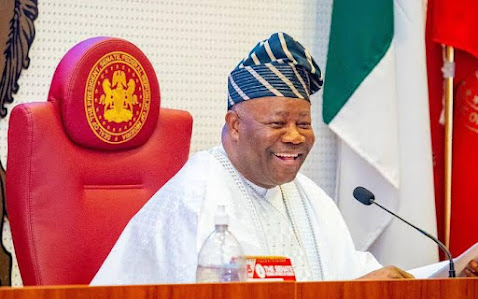By Paul Onomuakpokpo
It is far
from convincing that Yahya Jammeh changed his mind over the Gambian
presidential poll in protest against a flawed electoral process with unresolved
posers over some alleged missing votes. Even if some votes were really not
accounted for, it is clear by now that Jammeh is only looking for an excuse not
to hand over to the winner of the presidential election. Since the reason for
Jammeh’s rejection of the poll’s result he earlier accepted cannot pass muster,
he has given room to an exploration of the various possibilities that could
have influenced his decision.
 |
| *Jammeh and Obama |
How about considering the possibility that it was
a single call from Robert Mugabe, that veteran of sit-tightism of African
politics, that made Jammeh to change his mind ? For Jammeh’s easily giving up
would make Mugabe to feel that he is losing members of his league of crass
tyrants. Again, consider this: Mugabe might have strongly rebuked Jammeh for
not coming to him to rejuvenate his strategies of remaining in power. For it is
clear that Jammeh’s strategies are outdated and that was why he lost the
election to opposition candidate Adama Barrow.
Clearly, as long as
sit-tight despots like Mugabe still hold sway in Africa,
they would remain as sources of inspiration to other leaders who are tempted to
manipulate elections to remain in power. This is the overarching challenge that
African leaders must resolve to stabilise democracy on the continent. This goes
far beyond the fatuous approach being adopted by African leaders now to
persuade Jammeh to step down. African states must ensure stable institutions
that would make democracy to flourish. The notion that some leaders have done
so well and therefore they need more time to solidify their achievements must
be discouraged. It is when African leaders want to pervert their state
constitutions and prolong their stay in power that they use their stooges to
emote about the sovereignty of their countries and the unimpeachable need of
the West not dictating to them how to run their own governments. Yet, it is the
same countries with perverted democratic systems that are bogged down by
sit-tight leaders that would run to the West to seek help for the development
of their countries.
It was this notion of
incumbent African leaders’ indispensability to the survival of their nations
that once seduced former President Olusegun Obasanjo into seeking a third term
in office. He deployed financial resources and people to amend the constitution
to accommodate his whimsical ambition. He was distracted from real governance
to improve the lot of the citizens. And he would have had his way but for a
wary citizenry and patriotic lawmakers who rebuffed him despite allegedly
taking his humongous bribes. It is this notion that has also made Paul Kagame
to seek another term to remain in power in Rwanda after already spending two
terms of 17 years in office. He claimed that the people have allowed him
through a referendum to continue in power. With this so-called endorsement by
the people, Kagame would now begin a third term of seven years from 2017. After
this he is entitled to another two five-year terms to remain in power till 2034
or probably for life as he wishes.













